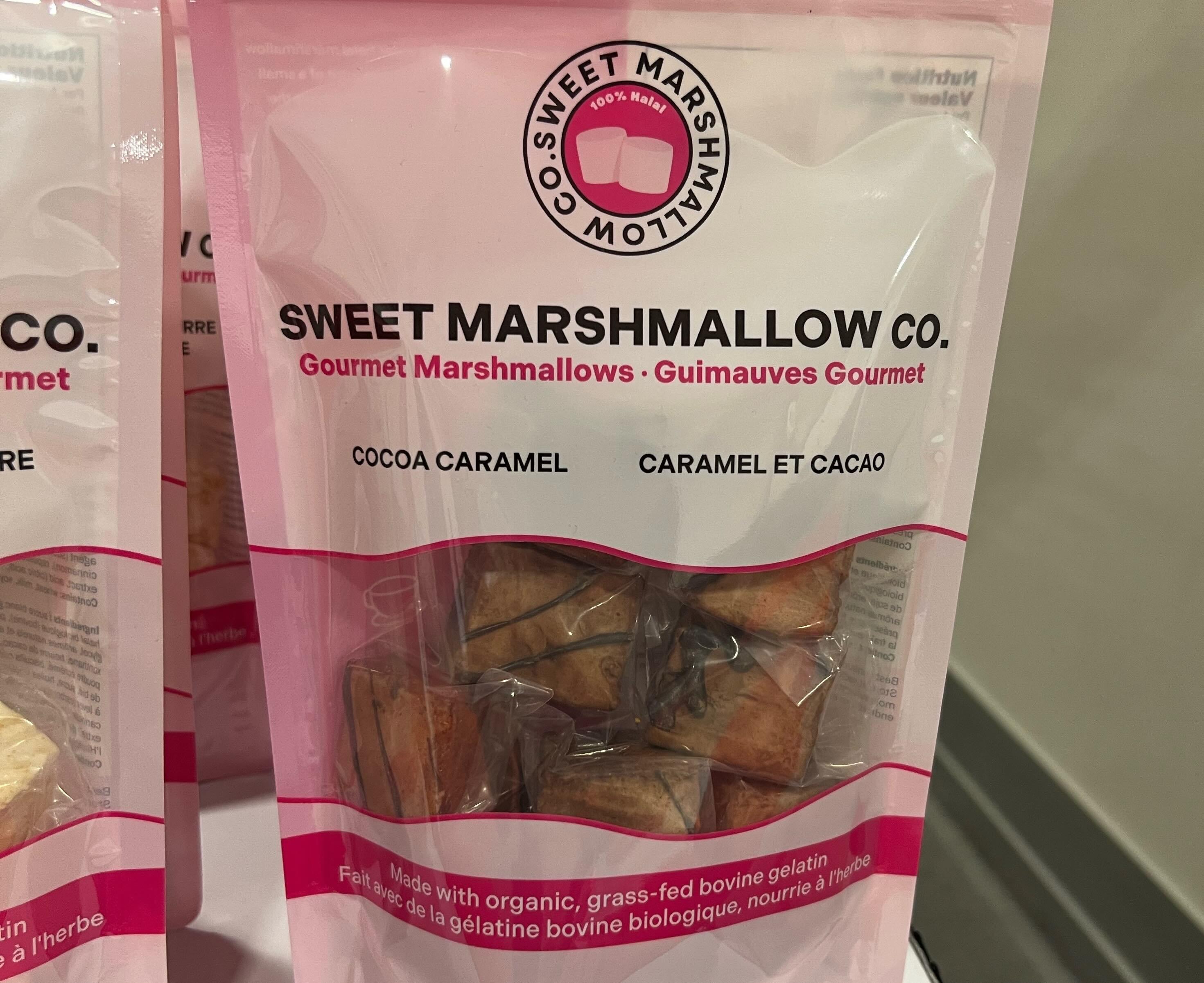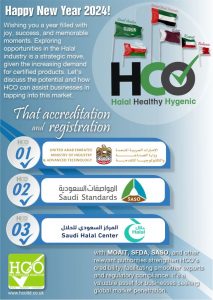By John Keogh
Transparency in the food chain is considered a very positive concept. More importantly, transparency is viewed as a critical enabler of trust. As the halal market is experiencing significant global growth, the question is whether enhanced transparency can increase trust and the overall integrity of halal supply chains worldwide.
The drive towards greater food chain transparency rides on the waves of globalisation, advances in information technology, and a sharper focus by governments on sustainability, environmental accountability and disclosure. Scholars suggest that the real benefits of transparency may be attributable to the questions it compels organisations to consider, rather than the outcomes it ultimately achieves.
When applied to the halal food sector, the concepts of transparency and trust force us to engage with the complexities and nuances of the industry. I spoke recently with Brij Sahi, the CEO of SwissDeCode, a Geneva-based provider of mobile analytical test technology for food safety and food authenticity.
Brij noted, “We know that Muslims must be sure that the products they use or consume are halal and permissible and this is an enormous challenge which relies on transparency and trust in the Halal food industry practices”.
Indeed, many challenges exist in getting this right and blind trust in the supply chain actors and regulatory oversight is not the best option in a globalized halal food chain.
Historically, halal food chains were local and clustered in tight-knit communities in villages, towns and cities around the world. Halal consumers would visit their local greengrocer, butcher, bakery and bulk food providers, and transparency and trust were based on their face-to-face interactions.
However, globalization of the food chain means that the Muslim community now has access to an increased assortment of halal products, often produced in non-Muslim nations. These products also travel greater distances and pass through many hands, which increases the fraud opportunity for bad actors to engage in economically motivated adulteration, such as claiming a product and its ingredients are halal.
Economic theories help us to make sense of the challenges we face to enhance transparency and trust in the halal food chain. For instance, food products can have search, experience or credence attributes.
A search attribute could be price, product size, availability, and the consumer can search for information, at no cost, before buying the product. Of course, the data must be available, accessible and accurate.
An experience attribute such as claims that the product is nutritious, heart-healthy or tasty can only be verified after the consumer eats or drinks the product.
In contrast, a credence claim like halal is considered an ‘unobservable’ claim and generally considered as an unverifiable attribute by a consumer. What this means is that credence claims like food quality, food safety, or whether the food is organic, free-range and halal are ordinarily impossible for a consumer to verify before or after purchasing. So, the critical question is:
How do we help consumers deal with their primary search and credence verification needs?
The European Union is an excellent example of sound regulations (EU 1169) mandating that digital information about a food product must be identical to the physical product labelling. Further, allergens must be clearly labelled online, on the product and on menus in restaurants who serve the food.
I recently spoke to Diana Sabrain, the CEO of OneAgrix, a halal eCommerce hub. Diana’s vision for Halal chain integrity includes access to accurate and verified product information and verified sources of the credence claims. When I asked for an example, Diana noted,
“Muslims eat halal food based on what their faith requires and what they need is a trusted brand backed by a trustless system – as evident from the rise in food traceability and transparency demands from end-consumers.
“OneA
grix uses advanced technologies including blockchain, smart contracts and work with partners who provide security features on food packages. At the ingredient level, we are now exploring the easy-to-use halal food testing tools provided by SwissDeCode. They can provide us with 100% assurance at the DNA level that a halal product is not contaminated. These tools will help us in positioning food companies as trusted sources that Muslim consumers can rely on.”
 The SwissDeCode halal test, called ‘DNAFoil Pork’, was launched in 2016 and it was one of the first solutions for the rapid detection of pork. DNAFoil is an all-in-1 “sample-to-result” test kit that allows the detection of porcine DNA in any food product. More importantly, as the test is a field or point-of-use test, it can be carried out by an operator instead of a scientist without risking the integrity of the test results. The test is particular to pork DNA and has successfully identified as little as 0.01% of porcine DNA in many food products. Examples of successful testing include minced or blended meats, processed and convenience foods, cheeses, dairy, finely ground food items and more.
The SwissDeCode halal test, called ‘DNAFoil Pork’, was launched in 2016 and it was one of the first solutions for the rapid detection of pork. DNAFoil is an all-in-1 “sample-to-result” test kit that allows the detection of porcine DNA in any food product. More importantly, as the test is a field or point-of-use test, it can be carried out by an operator instead of a scientist without risking the integrity of the test results. The test is particular to pork DNA and has successfully identified as little as 0.01% of porcine DNA in many food products. Examples of successful testing include minced or blended meats, processed and convenience foods, cheeses, dairy, finely ground food items and more.
OneAgrix is helping brands and consumers with two of their key challenges; facilitating online search access to trusted attributes about a halal product and providing the infrastructure and tools that enable a consumer to verify credence claims before they purchase. This is unique because the unobservable credence claim (e.g. certified halal) then shifts to a search attribute and the consumer can verify online that the company and product is certified halal before purchase.
Regular market surveillance and field testing using the SwissDeCode tools can help to mitigate the risk of counterfeit or contaminated products as they can be quickly detected and removed from the halal chain.
Diana explains that their platform links to the authoritative sources of the credence claims such as food auditing firms, the halal certifying bodies and other agencies who are responsible for verifying a claim or issuing a certificate of compliance. This means that independent sources are tapped into to verify the credence claim, independent of the brand owner. “This process enhances the integrity of the halal food chain” explained Diana.
As a few rogue firms continue to make false claims that their processing plant and products are halal, solutions like OneAgrix who utilizes modern technologies like blockchain and analytical science tools like the SwissDeCode DNAFoil, will make a big difference. They will help to reduce the information asymmetry between brands and consumers, enhance transparency and increase consumer trust in halal products.
As food fraud is a growing problem worldwide, we should salute, congratulate and wish CEO’s like Brij and Diana the very best as they face these challenges head-on.
About the Author: John G. Keogh provides confidential Advisory, Research & Interventions on Strategy, Technology, Operations & Policy. His current academic research spans supply chain integrity, anti-counterfeit, traceability, technology adoption, transparency and consumer trust.




